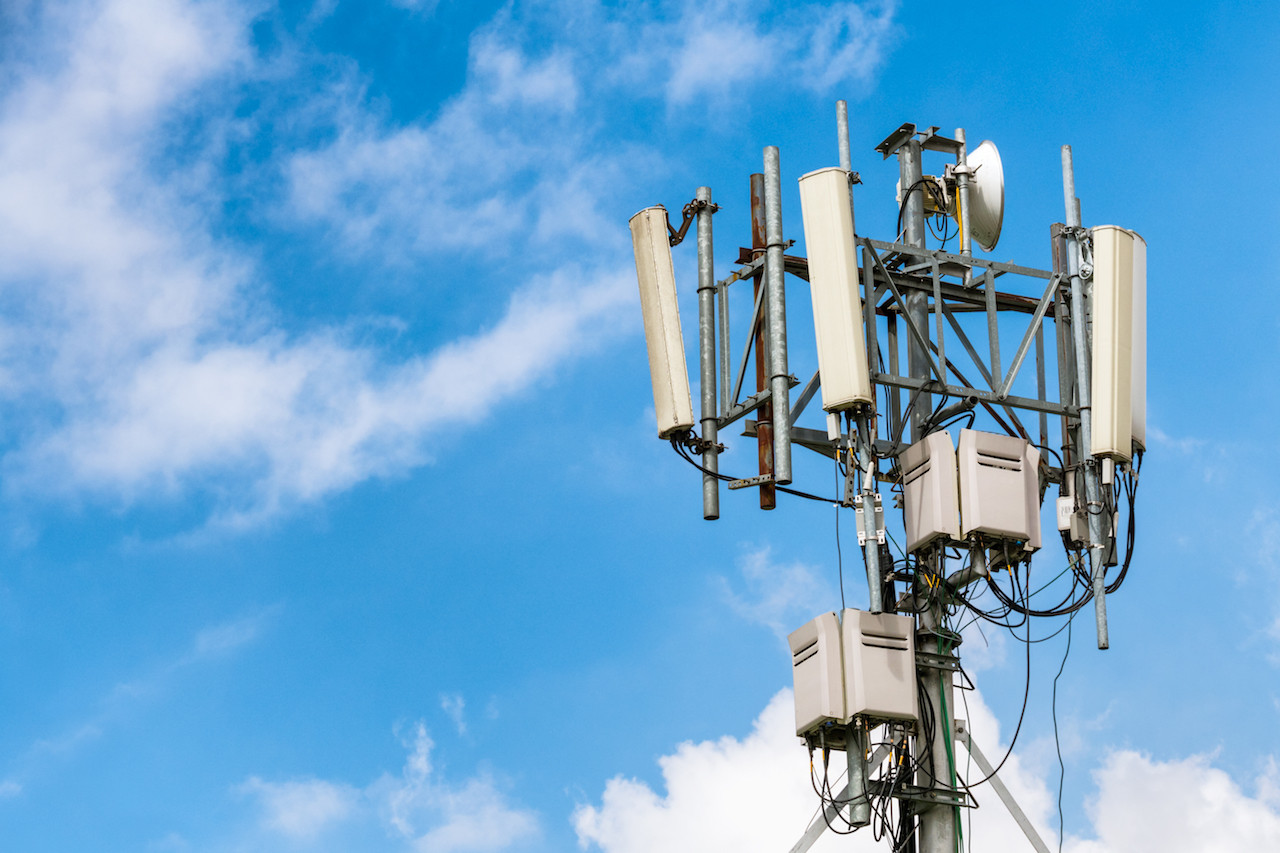Poor awareness, infrastructure limit rural business digitalization
A recent Statistics Indonesia (BPS) survey of around 34,500 businesses nationwide on the impacts of the COVID-19 pandemic found that only 43.73 percent of businesses in regencies marketed their products online, compared to 57.46 percent in cities. This is despite the fact the survey found that 80 percent of businesses that utilized online platforms for marketing saw an improvement in sales.
Change Size

A
lack of awareness and limited telecommunications infrastructure in rural areas have prevented many of the country’s small businesses from taking advantage of online platforms to boost their sales amid the COVID-19 outbreak.
A recent Statistics Indonesia (BPS) survey of around 34,500 businesses nationwide on the impacts of the COVID-19 pandemic found that only 43.73 percent of businesses in regencies marketed their products online, compared to 57.46 percent in cities. This is despite the fact the survey found that 80 percent of businesses that utilized online platforms for marketing saw an improvement in sales.
Fhabbyan Rizza, a 25-year-old entrepreneur, told the The Jakarta Post that he felt frustrated with the bad internet connection in Tuban, East Java, when he first took his frozen meat business online. Tuban is located around two hours from the East Java capital of Surabaya.
“It sometimes takes me multiple tries to upload a photo on my business’ Instagram profile because of the unstable internet connection and it can get annoying,” he said.
However, he has persisted despite the connection obstacles as going online has helped him keep his business afloat during the pandemic.
The country’s businesses have been impacted by the ongoing health crisis, with the economy shrinking 5.32 percent year-on-year (yoy) in the second quarter this year. Indonesia’s small businesses, which account for more than 60 percent of gross domestic product (GDP) and employ a majority of the labor force, have been particularly hit hard.
A recent Mandiri Institute study shows that micro, small and medium enterprises (MSMEs) that have an online presence are more resilient as they are more likely to continue producing and selling goods and have a longer runway to survive the economic slowdown.
However, the BPS’ findings show that only 5.19 percent of respondents in regencies said they had started marketing their products online since the beginning of the outbreak compared to 7.12 percent of respondents in cities.
The Communications and Information Ministry said in June that approximately 12,500 villages in the country had no access to the internet.
Despite Indonesia’s large number of internet users, the country’s internet penetration rate remained at 64 percent in January, according to DataReportal, lagging behind neighboring Brunei, Singapore and Thailand, where internet penetration rates exceed 70 percent.
The government aims for 10 million MSMEs to have gone online by year-end. Around 9 million had gone digital as of September, equal to only 13 percent of MSMEs, according to Cooperatives and SME Minister Teten Masduki.
SMERU Institute researcher Ahmad Zuhdi Dwi Kusuma said on Sept. 18 that one of the main challenges preventing businesses in rural areas from adopting internet-based operations and marketing strategies was a lack of familiarity with the technology.
According to SMERU’s research, only about 30.82 percent of those who live in the countryside have adopted the internet as part of their daily lives, far below the 53.53 percent of city dwellers.
“So it’s not really just about the infrastructure, but also the human resources,” Ahmad told the Post in a text message. “The government and businesses have to ensure people are ready to go digital by increasing digital literacy in underdeveloped areas.”
He added that the government should continue building telecommunications infrastructure and ensure low-cost internet access.
The government has so far allocated Rp 30.5 trillion (US$2 billion) in the 2021 state budget to develop the information and communications technology (ICT) sector.
Association of Young Indonesian Businesspeople (HIPMI) head of micro, small and medium businesses Rano Wiharta, said that some MSMEs remained reluctant to shift away from conventional offline marketing.
“Some of them are not as digitally literate as MSMEs in big cities, while others underestimate how much digital infrastructure can contribute to their sales and keeping them afloat during the pandemic,” he said.
Meanwhile, small business owner Mang Oleh, a seller of odading (sweet fried bread) at a food stall in the West Java capital of Bandung has seen a significant surge in sales since a video promoting his snacks went viral on social media.
“This odading can make you strong like Iron Man,” Ade Londok, a friend of Mang Oleh’s son, says in the video, referring to the famous superhero.
The video helped the sales of his 30-year old business to increase significantly, with hundreds of people queueing up to buy his product.
“Before [the video] went viral, I usually booked around Rp 700,000 in sales per day. After it went viral, my sales quadrupled to about Rp 2.8 million,” Mang Oleh said on Sept. 17, as quoted by kompas.com.









